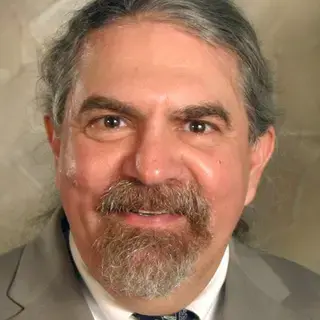At SPS Don...
- Brings his knowledge from Carnegie Mellon
- Adds a focus on entertainment tech to the program
- Shows students how to market virtual experiences
- Emphasizes the synergizing of tech talent
- Offers the training to enable students…
You co-founded and led Carnegie Mellon’s Entertainment Technology Center for 31 years. What made you come out of retirement?
I guess you could say Columbia ‘made me an offer I couldn’t refuse.’ There’s just so much happening in the industry that I couldn’t stay away. The Entertainment Technology Management focus at Columbia reflects this excitement. The curriculum encompasses the technological innovation in software and hardware affecting all manner of entertainment, edutainment and social media. We live in an age where ‘experience’ has become a commodity. Consumers pay for it like they do for traditional goods and services. The program studies technology’s part in creating experience, including virtual worlds, augmented reality—even theme parks.
How did you become fascinated with this side of technology?
For me, the route was rather linear. I started as an actor. I loved becoming other people experiencing situations I would never encounter in my natural world. This expanded into theme park experiences and visits to historical sites. In the mid-1990s, I became interested in the imaginary worlds brought to life by video games. I crossed over from the Carnegie Mellon school of drama to computer science. I met Randy Pausch, author of the famous Last Lecture, and we went on to establish the Carnegie Mellon Entertainment Technology Center (ETC). It became a leader in the new field of Entertainment Technology.
What does the Entertainment Technology focus offer that can’t be found in a comparable program, or an M.B.A.?
Most other programs in this field are for entry-level students, looking to learn game programming, storytelling, animation or other specific skill-sets. Very few focus on how to manage creative individuals so as to achieve synergy, and how to take advantage of the latest advances to further business. The program’s mentor component includes myriad individuals with established careers in the entertainment and digital industries. Students are guaranteed a first-class, relevant education—all the while continuing their current employment.



